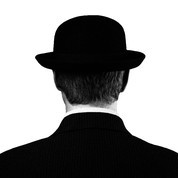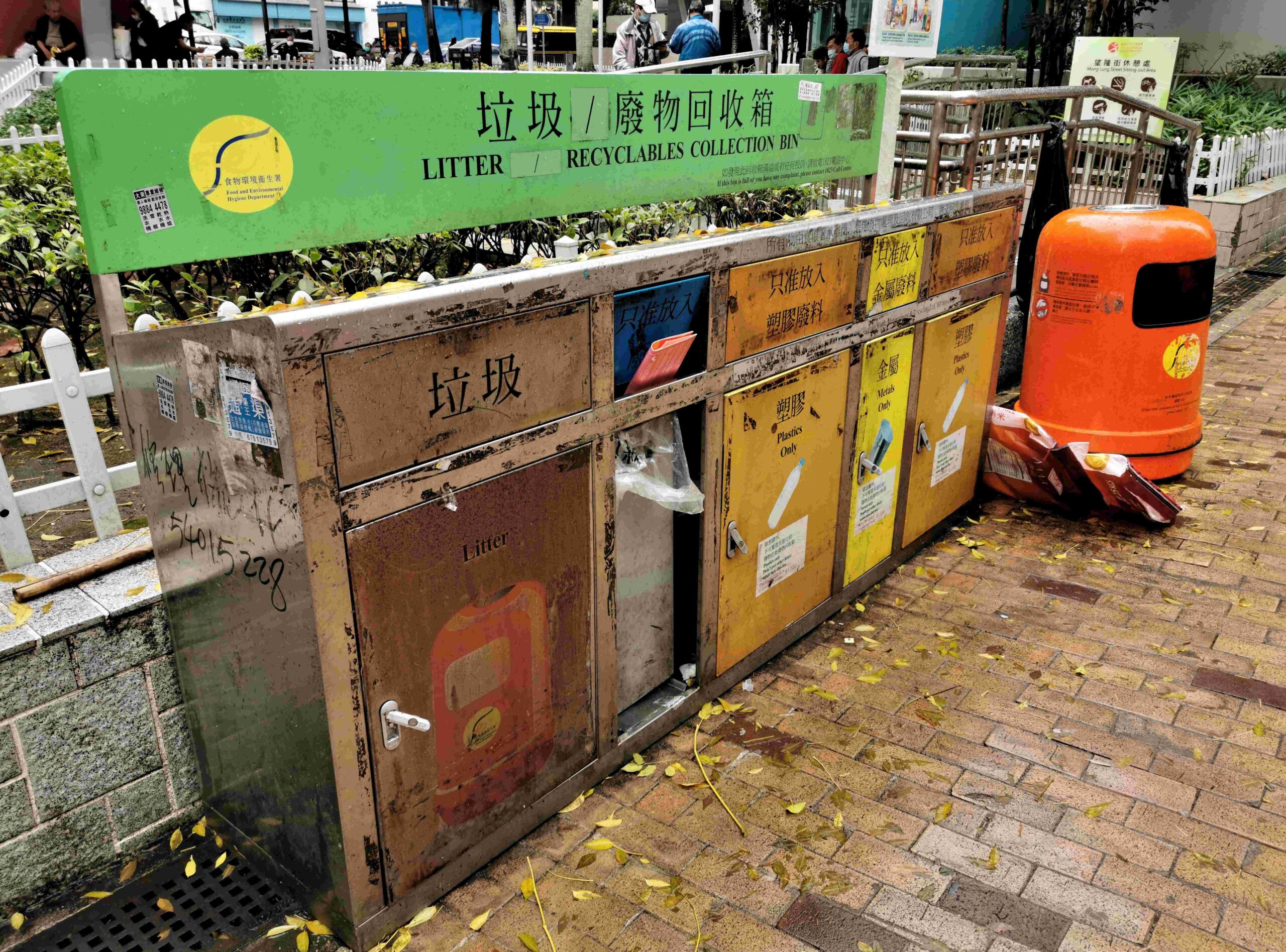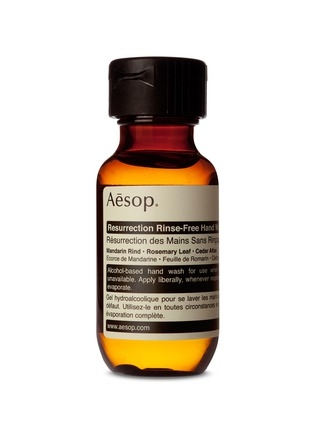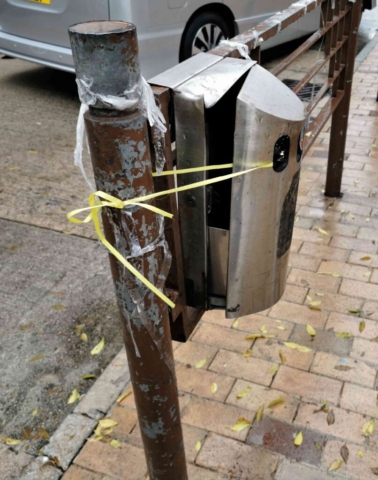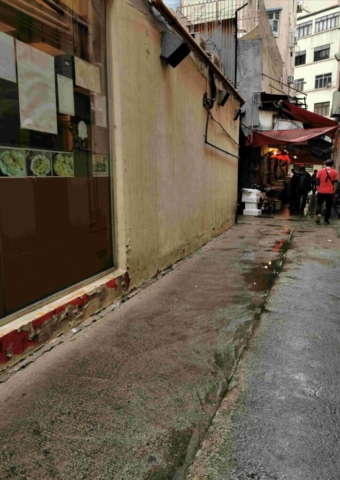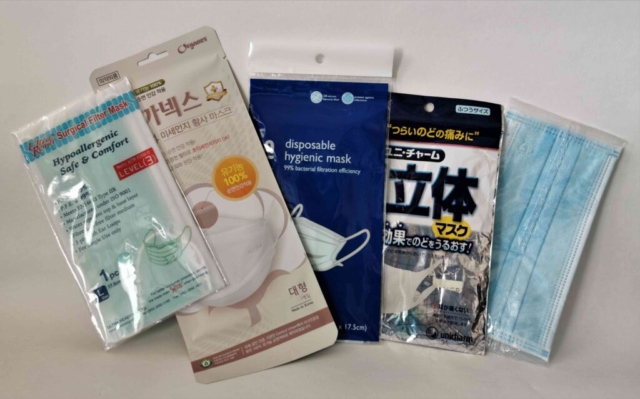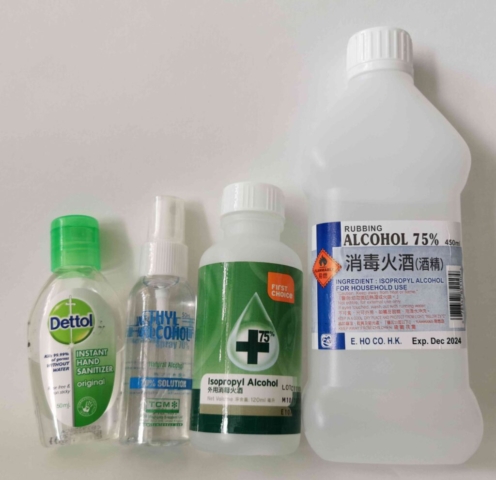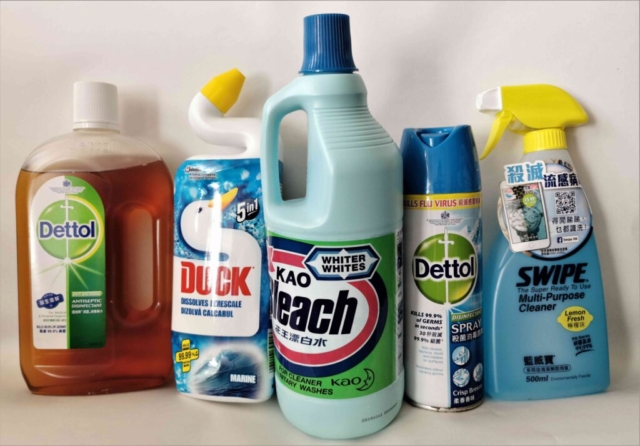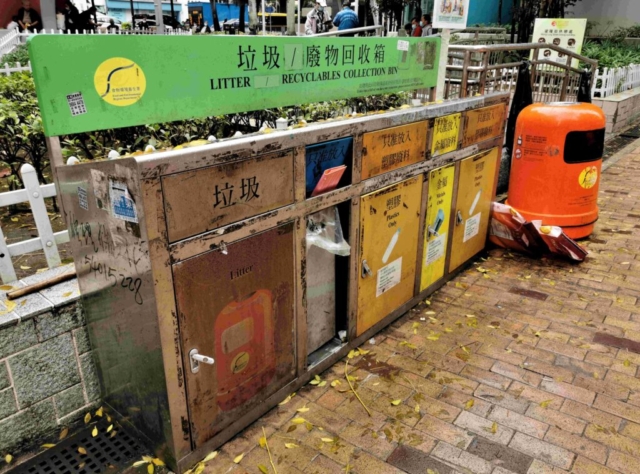12-02-20
Keeping ourselves clean and tidy is self-respect and personal hygiene. Nobody wants to look bad, smell, catch virus or get sick. Every day, millions of outside germs linger on your face and body. There are 7 common types of personal hygiene: toilet hygiene, shower hygiene, nail hygiene, teeth hygiene, hands hygiene, hair hygiene and sickness hygiene. A lot of the good habits are simply common sense such as covering your nose when sneezing and washing your hands before you handle food. Your clean condition will improve your health, or even more than that, your emotional well-being such as confidence.
Some passed on coronavirus to other after catching it. The outbreak of this new virus from the Chinese mainland has caused Hong Kong almost to surrender hopes that our 2020 would be better than 2019 in which the biggest commotion in the history of Hong Kong took place.
Hong Kong is not a compatibly international city as far as cleanliness is concerned. We have to be pushed upwards by say 40%, to a level parallel to the best standard.
People here do not break bad habits. Shameless littering and spitting in public places are still a health disgust. A lot of restaurants do not provide liquid soap for hand wash or the bottles are just empty. Toilet paper is not available in some local restaurants. Many do not cover their nose and mouth with a tissue when coughing. Food streets smell bad because people pour fat gravy, oil and dirty water down the sewage ditch. Some let a dog relieve itself on walks in the park without a tidy-up.
When I was a kid in the 60s, the worst life ever imaginable was about public hygiene. It was accused that Hongkongers were genetically filthy. Many were refugees from China having very poor educational backgrounds. Apart from spitting and littering in public which spread virus, some did not take daily showers. Buses were crowded with people and one could smell scent, odor and aroma of all kinds, often distasteful, naturally from the armpits. The horror award went to some men who used saliva as their hair wax. Some left their little fingernail long, long enough to pick the nose or ears.
Unpleasant memories, after years of baptism, became fond. In the 1960s, spittoons squatted beside every table in Chinese restaurants. There was at that time a famous Hong Kong idiom of ‘a rat bin on the lamppost’. It was used as a mockery of the height of a girl who dated a tall man. The terrifying Black Death caused by rats was still a health hazard in Hong Kong, so government hung bins on the lampposts to collect dead rats. Toilet tissue nowadays is made of fine softwood pulp. In the old days, ordinary people bought toilet tissue called ‘grass tissue’ which, I was told, were really manufactured from hay. It was very cheap but in return, scratched our tender skin. The poorer people even used newspaper—how sad!
My sad recollection is about the lack of private toilets in Hong Kong when our city was primitive. Many government housing and private buildings did not provide private toilets. People got 2 choices: defecation at home by means of a spittoon and they later took the poo down to a government truck commonly known as ‘night-scented truck’(夜香車) which collected human waste door-to-door every night. The second option was to do it outside, either opening legs across a communal defecation ditch inside the public housing estate or going to a public toilet often with basic bath facility in the streets.
I am a Mr. Clean Freak and at a loss to know why some people in Hong Kong, despite education and government propaganda, are still unhygienic. Being not clean may not merely harm others. It can cause bad health and disease for yourself too. Untidiness and filthiness are everywhere. The psychology behind dirty behaviours must be a propensity to be lazy. Lack of daily discipline? Selfishness? Low self-esteem? There may be a deeper layer—suicidal tendency?
When was the last time Hong Kong was clean and you were clean? Hygiene must make its way home again in Hong Kong. Let us orchestrate.
This article can also be found at the following sites:


